
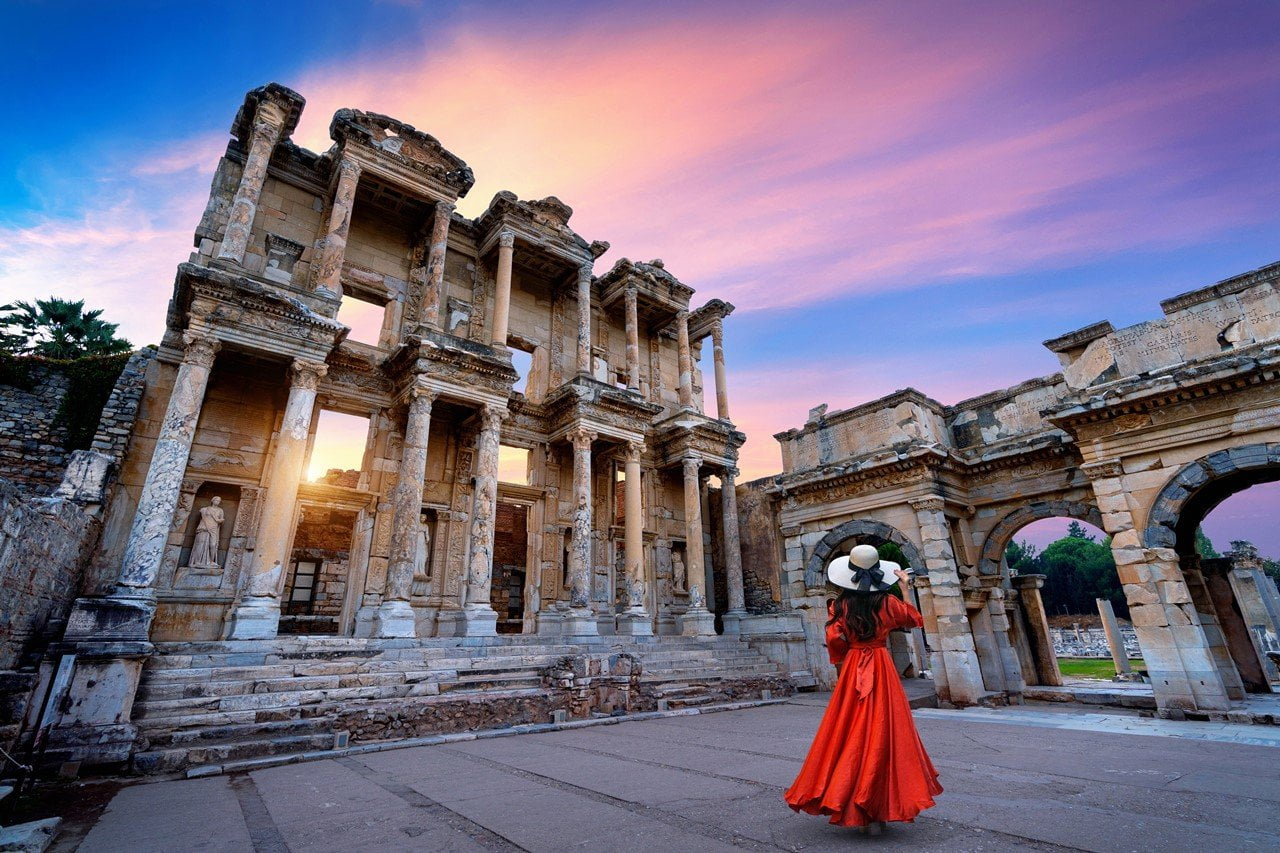
We’d like to introduce the new dimension of travelling in Turkey. You’ll discover a different Turkey that you never had the chance to experience before. Deren Koray (D&K) Tourism realized that the visitors coming abroad always have classical tour rushes and, unfortunately, they suffer unbalanced programs that never draw a certain line between entertainment and rest. Consequently, our friends are not exposed to real Turkish Culture. Our aim is to introduce you to the real and living traditional Turkish culture and life style. To achieve this and enhance your visit we have added additional activities in our itineraries. We are sure you will find these very interesting and will love them all. Since Turkey is a big country there are many things to see, and many things to do. We believe that this is something to examine one region at a time.
Yes, you have been to Turkey before, and you visited beautiful historical sites and beautiful places. Most probably you joined one of the classical tours held in Turkey. No matter what you did or where you have been, join Turkishtravel to make a holiday as Turks do! For example, when you are in Rome, you live in their style. You probably get some ideas just before you visit Turkey; the tradition, the cuisine, some tourist attractions and the impressive excursions. Actually they are not completely related to the whole of Turkey, but related to certain Turkish regions, cities or even villages. With Turkishtravel programs by Deren Koray (D&K), you’ll be the right person, in the right place, at the right time.
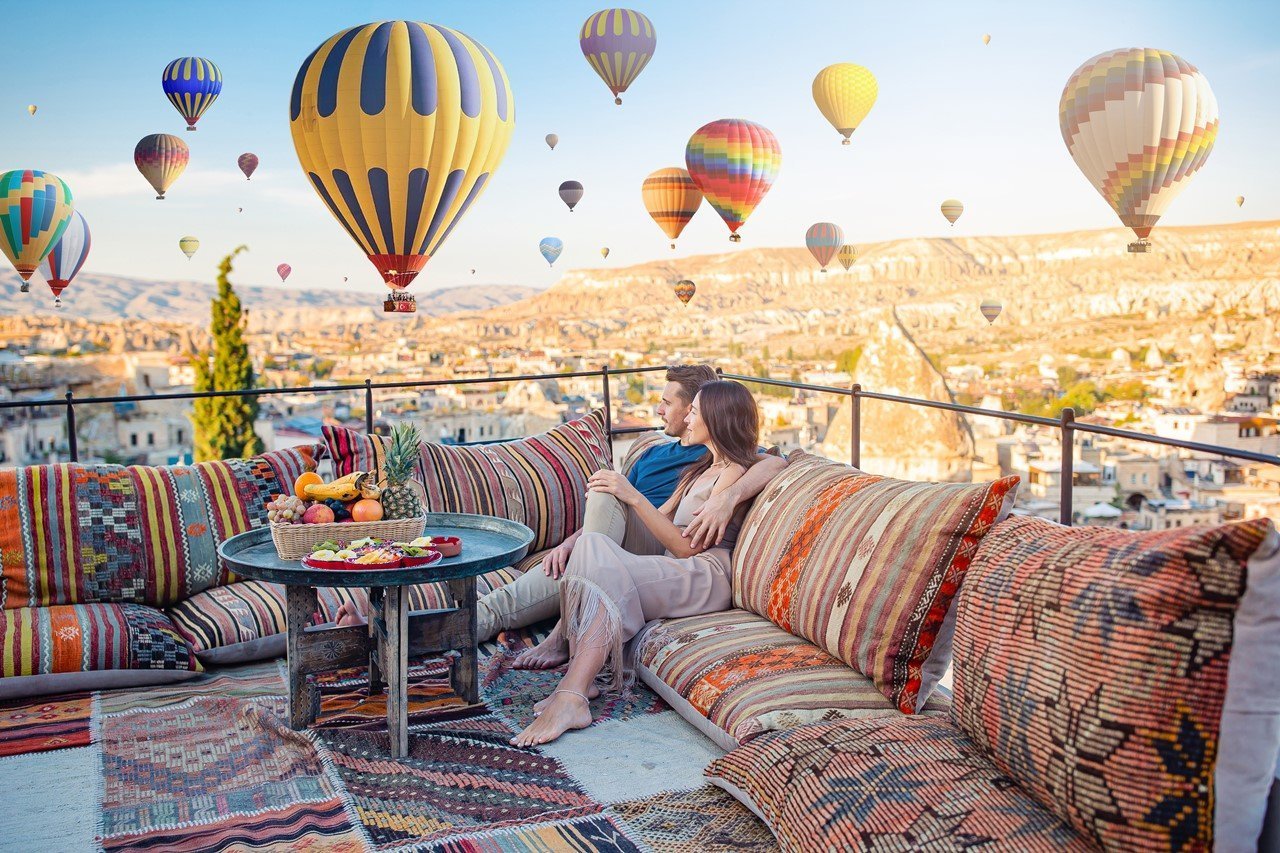
Here’s an example of what we mean: Think about the meal: Doner kebab, Sometimes known as a Gyro. The famous Turkish dish. You can taste this delicious meal everywhere in Turkey. However, It is not the same thing to have this traditional food in Bursa, the right city to taste this delicious meal. From ancient times, it’s a tradition to pass the secret recipe of this meal from father to son. All Turks are aware of this situation since they always have Doner Kebab in this city. Because chefs cook doner with charcoal preparing the meat from the sheep fed in natural slope of Mt. Ulu (Mt.Olympus) with thyme. Chefs in Bursa never use minced meat, but layered meat. The original sauce is freshly prepared with tomatoes, peeling their skin after some processes. The same is for fried butter; it comes from the villages of Ulu Mountain for a fresh and light taste. This is a very simple example of the event known by Turks, but not the tourists. Another well known example is olive oil as again it’s not the same all around Turkey since originally produced in Western Turkey.
Here is another major example of Turks. Turkish hospitality is known all over the world. Without exception, no matter what their wealth, all Turkish homes have a special guest room. No one in the family is allowed to sit in this room since it’s specially reserved for the guests, unless there is no any other room for the family home. The lady of home is the responsible person for hosting with her precious silver cutlery, crystal glasses and top quality Turkish porcelain. Again normally the family members never use these items. The guest is expected to come to the home with a gift. First all the members of the family meet their guests in front of the door then they all move to the guest room. After having a small chat, the lemon cologne is served to refresh the guest as they’re considered a tired family member coming home. Due to our homestay programs, you’ll have the chance to live this traditional atmosphere.
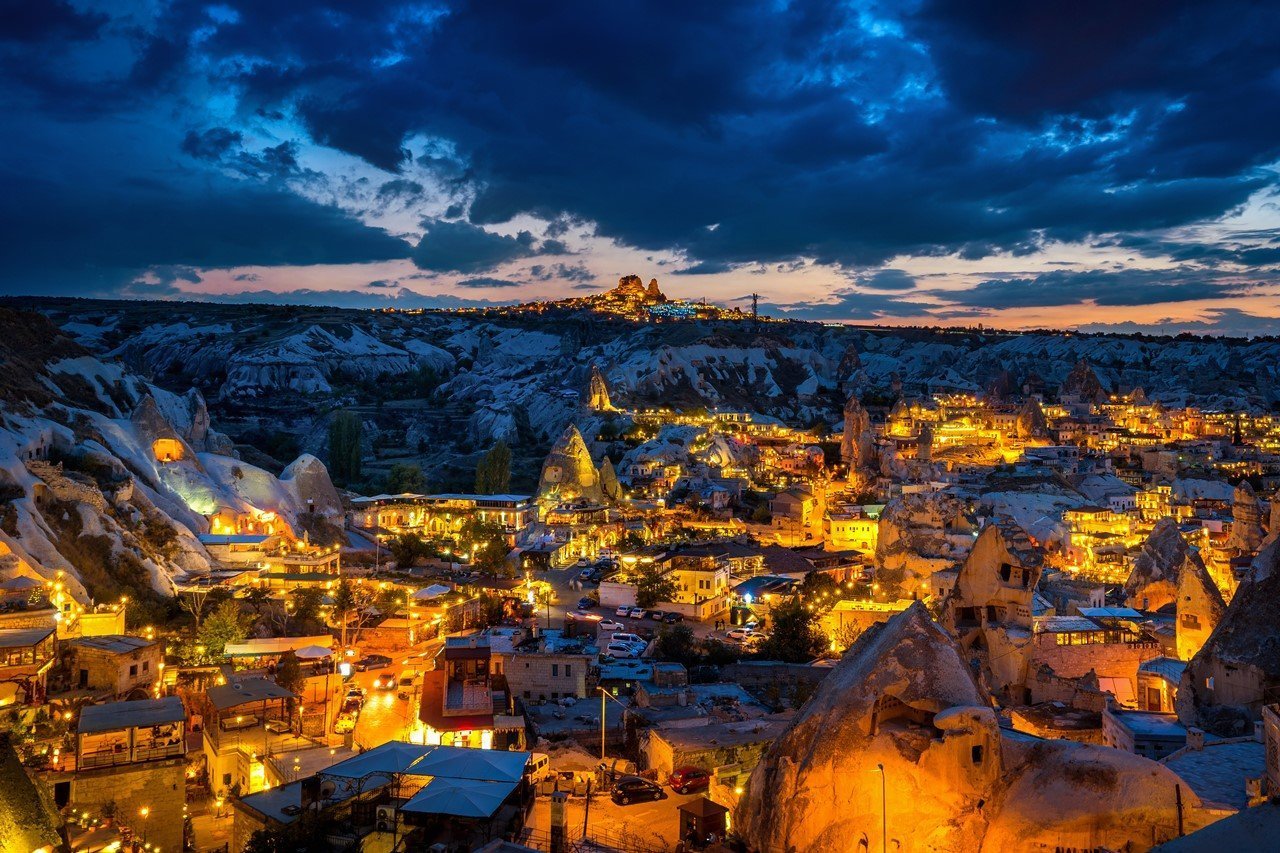
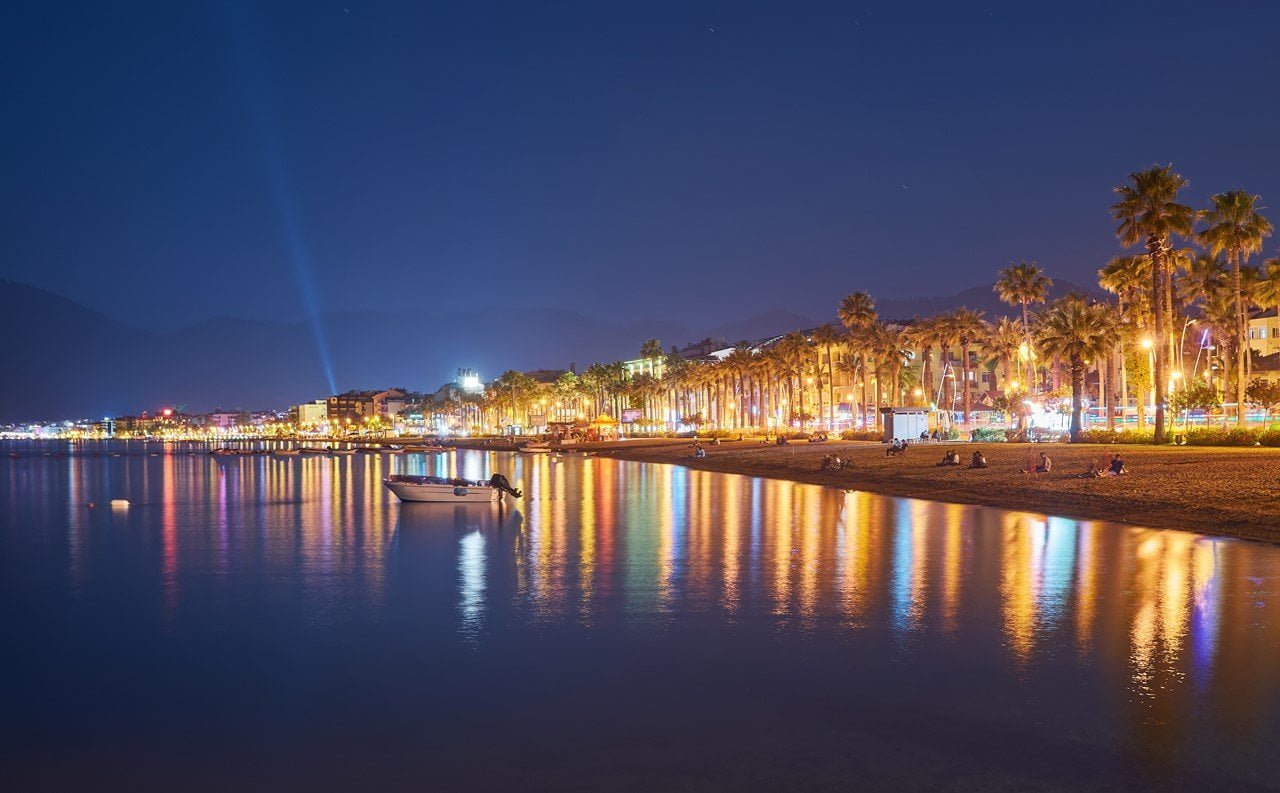
Another little example. Konya is the right city for the Whirling Dervishes ceremony. You know this, however have you had the chance to join the annual Mevlana Festival in order to see the real Whirling Dervishes ceremony before? We think not. You have been to Istanbul. Have you ever watched the spectacular view of Bosphorus from Çamlica, lovers Hill? Did you drink a glass of traditional Turkish Semaver tea at Sariyer? Did you ever visit Holy Telli Baba who is always visited by the Turkish people for their wishes? Have you ever been to the Ethnography Museum? Have you climbed Kaz Mountain or been to Marmara Island?
These are just an example of Turkish customs. We’d like to point that there are many places to see apart from the classical sites. We serve special tour programs covering both classic travel and Turkishtravel programs. If you have been in Turkey before, just have a look at Turkishtravel package tours and explore that you have never had the chance to see. Turkish people did, why not you?
Acquaintance With Turkish People
Each landscape in Turkey is a backdrop and a context for people and events in the game of life. Perhaps the most thrilling aspect of travel is to become an active participant in this landscape. As in all human interaction, the basic rule is equal partnership, given the roles of host and guest. This rule defines mutual respect and a shared sense of responsibility as the guiding principle in an adventure where the parties involved are, by definition, different in their understanding and way of life.
When Turks entered the tourism arena not so long ago, they were armed with tradition of hospitality rather than sophisticated facilities or a service mentality. Although Turkey now has an excellent tourism infrastructure, the motivation of most Turks remains one of sincerity, and courtesy. The desire of Turks to be understood and liked, to communicate and learn about people from other lands and be on equal terms with them as citizens of the world is a much more important motivation. Interpret their enthusiasm to interact with you with this perspective in mind. They would rather make long term acquaintances, hangout together, exchange cards, letters and gifts, than receive “fair payment” or large tips for help
rendered. This attitude may change as the tourism industry develops more in the coming decades and much depends on the visitors. But, for now, the sweetness of the Turkish people is unspoiled. Here are some tips about social graces and conduct, which may be useful in interpreting the goings on around you and help you to enjoy participation in this landscape even more.
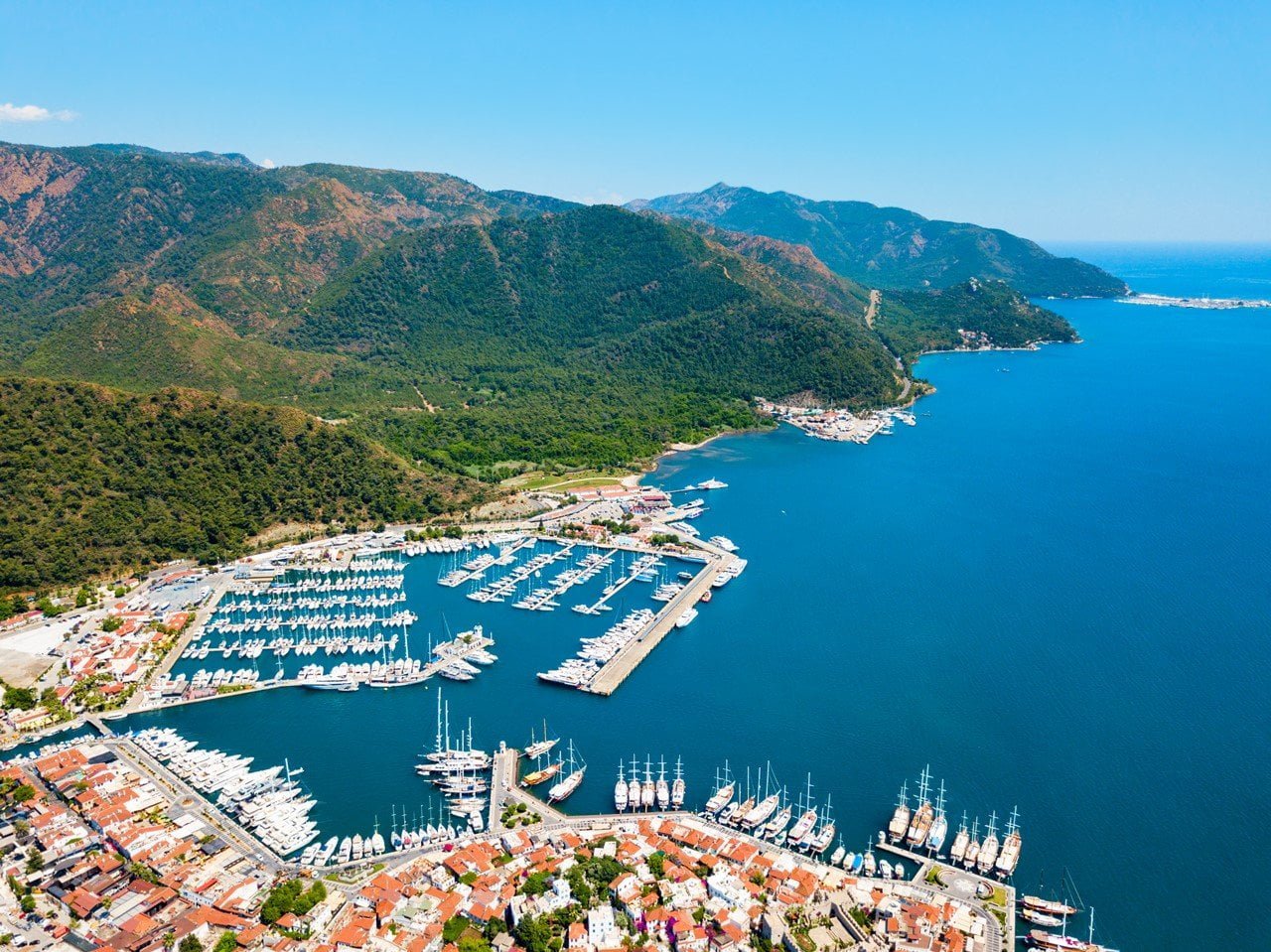
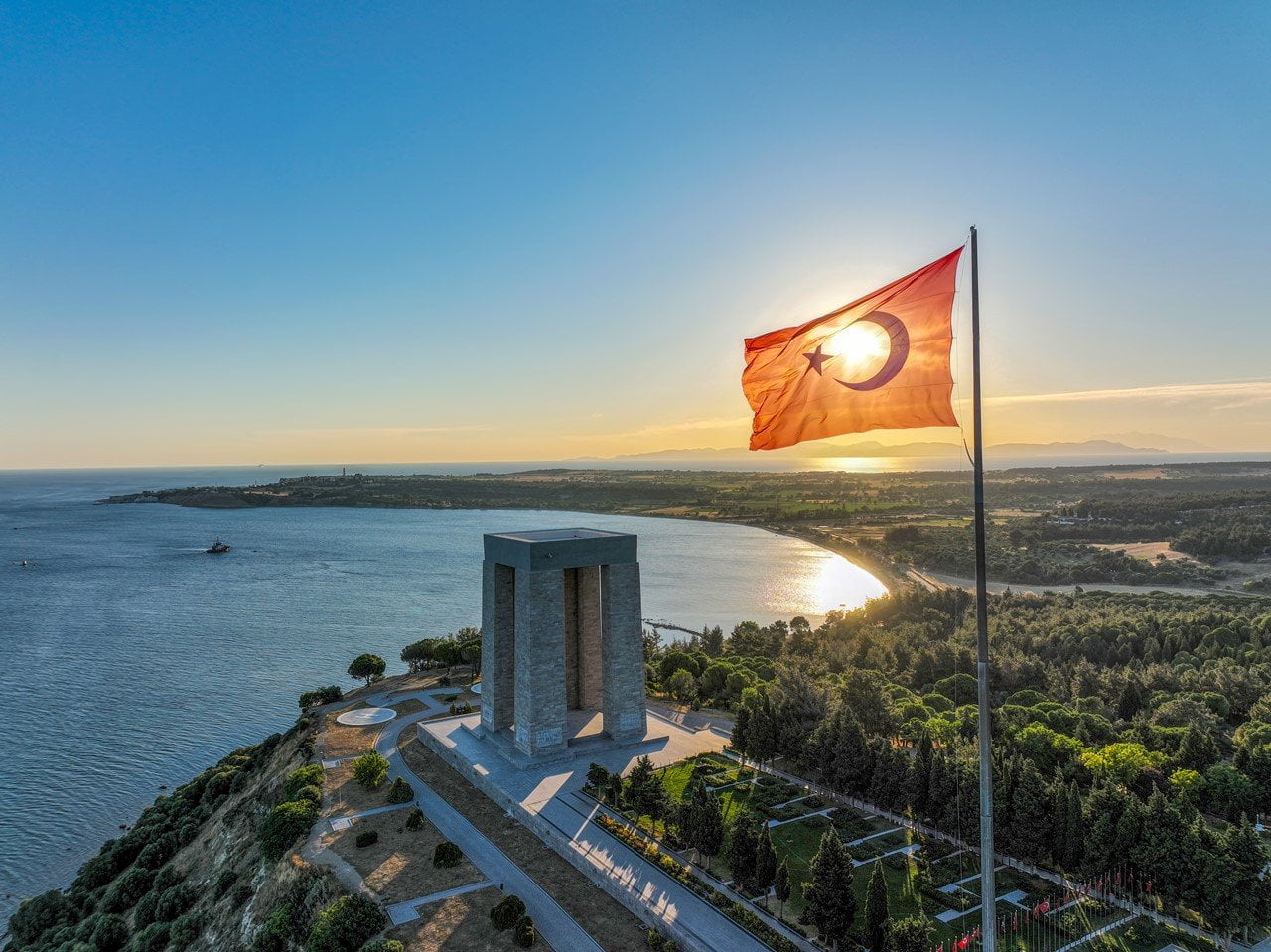
Starting, at the beginning: Greetings involving welcomes, handshakes, hugging and kissing on both checks, followed by a “How are you? How, is the family? How is your health? How is business?… the important rituals. It is expected that everyone will inquire about the health and well being of everyone else present before anything else. During religious holidays, greetings are even more important. The young visit and kiss the hands of the elderly family members. Every friend and family is visited to renew bonds and kinship. Children receive pocket money, and gifts, and social charity obligations are met. Like elsewhere, these are joyous occasions. However, celebrations emphasize traditional social and spiritual aspects, and a certain amount of decorum in action and appearance is expected from everyone. In social gatherings even though everyone might be sitting in the same room, it is common for women to start their interaction mostly with other women and similarly, men with men. Parties where people stand around and “mingle” are not among the common forms of socialization except among the urbanized elite. During a typical after dinner, gathering coffee, tea, candy, cookies, pastries and fruit are served. A dinner invitation to someone’s home is a special honor. At the dinner table it is customary for the hostess to offer additional servings many times and with great insistence. The guest is expected to oblige, after several such offers. Dinners are leisurely affairs, to be savored slowly along, with the delicious homecooked food. Sometimes guests bring flowers or sweets to such occasions. In business relationships the whole affair is conducted as a social occasion, complete with greetings sharing, coffee, tea, or food and drinks, depending on the extent of the transaction. Even in ordinary shopping a lot of personal information is exchanged between the vendor and the customer, setting the stage for everyone to fulfil their responsibilities in the transaction. Bargaining is not a simple game of negotiation between adversarial parties but part of socialization and friendly chit-chat to confirm the non-adversarial nature of the activity. There are a few subjects which need to be treated with care. These include the flag, the army, the country, and religion. Even though people take great pleasure in explaining and answering questions about these, criticism or disrespect, even in jest, is not taken lightly. On the other hand, politics is fair game. There are few people who love talking politics as much as the Turks do. To sum up, a guest might commit social faux-pas, but what matters is the underlying intention. If there is a sense of equality and respect, which the Turkish people will be quick to detect, all will be well. Enjoy your stay!
